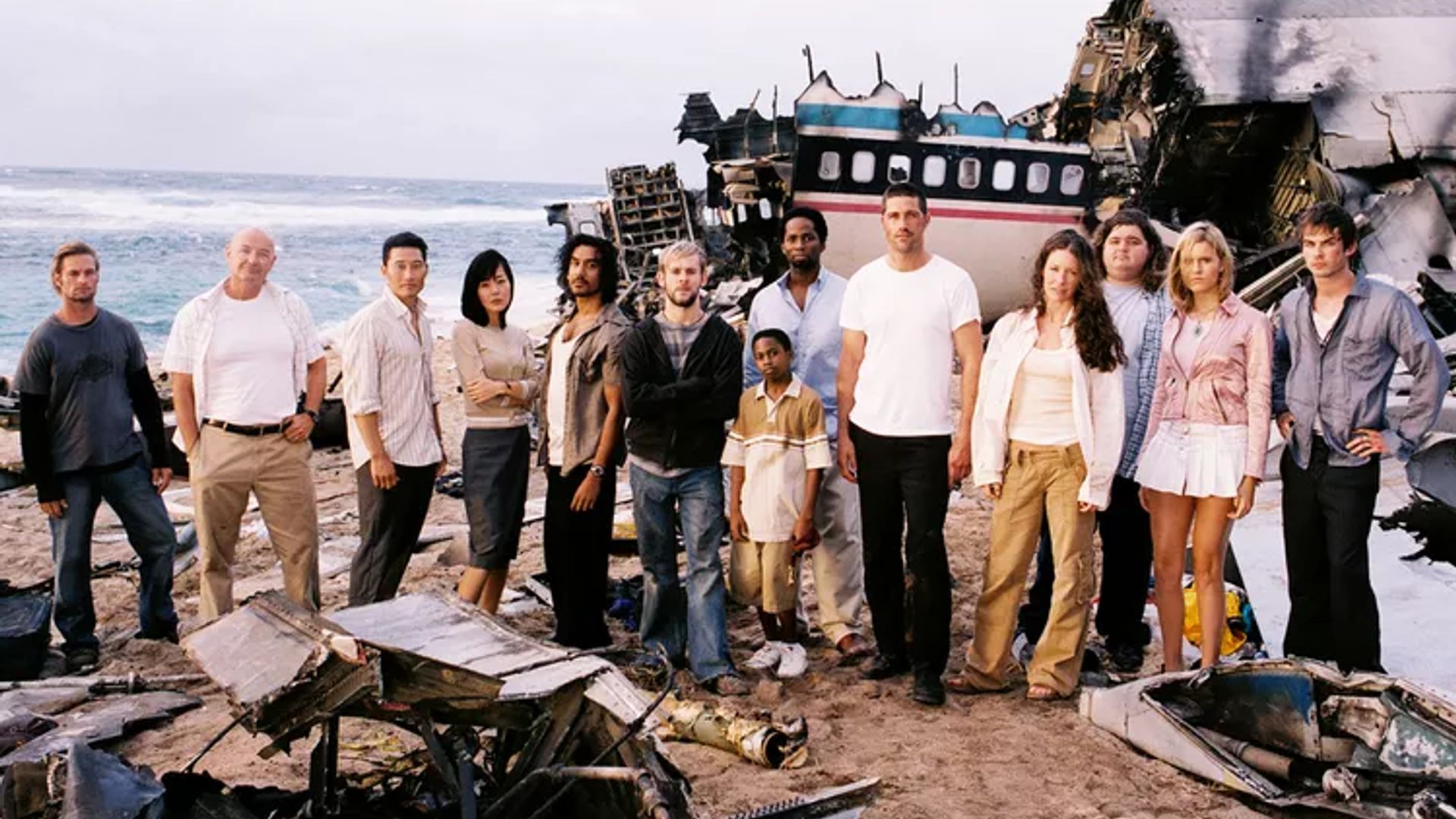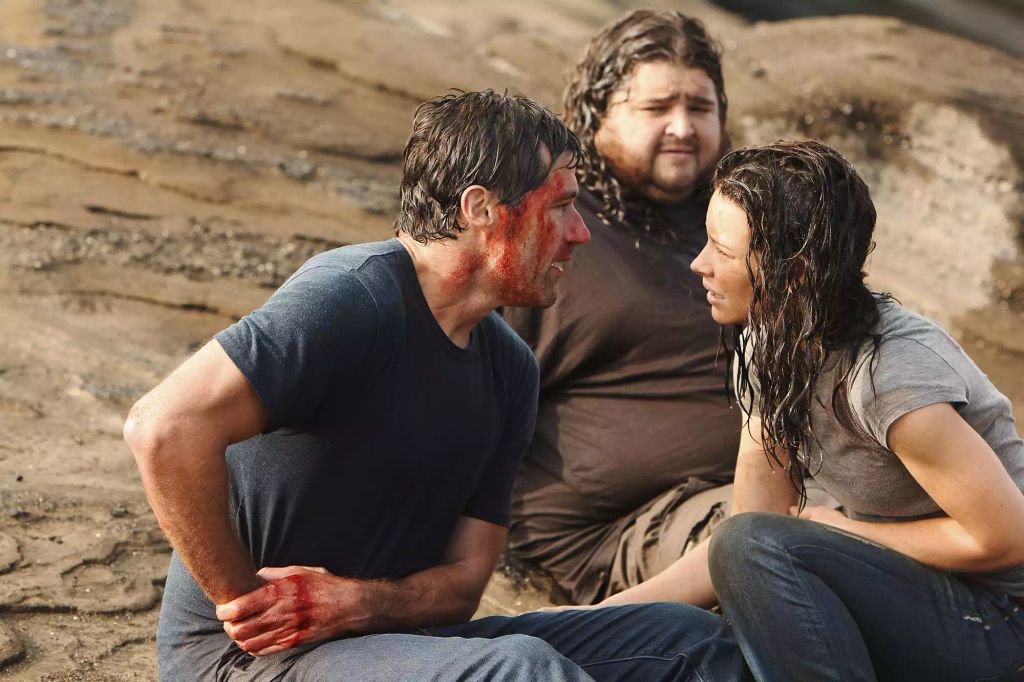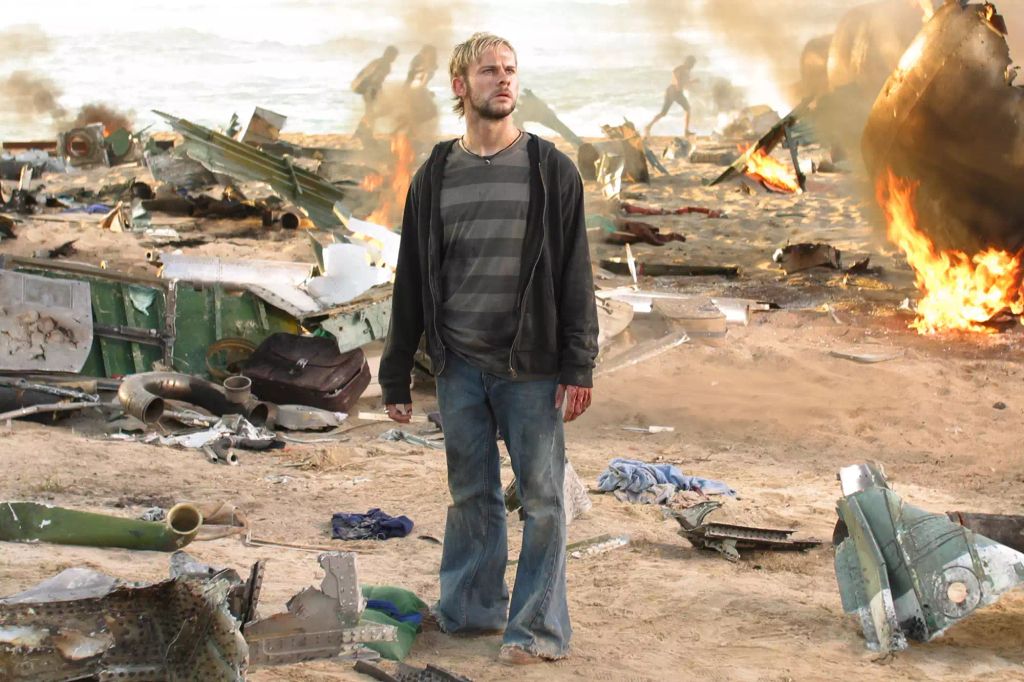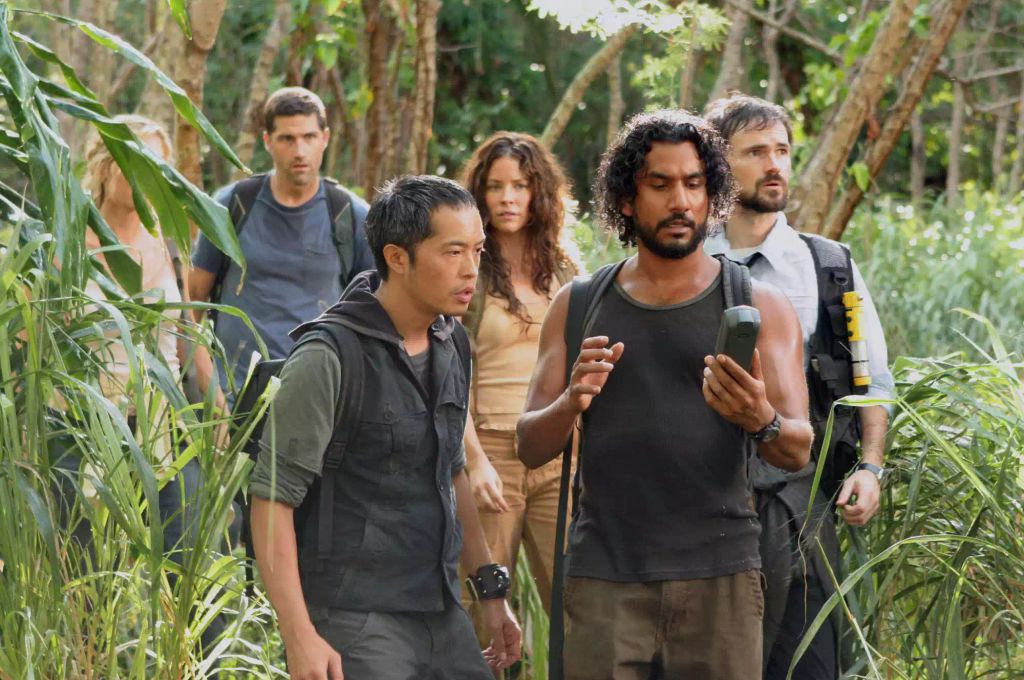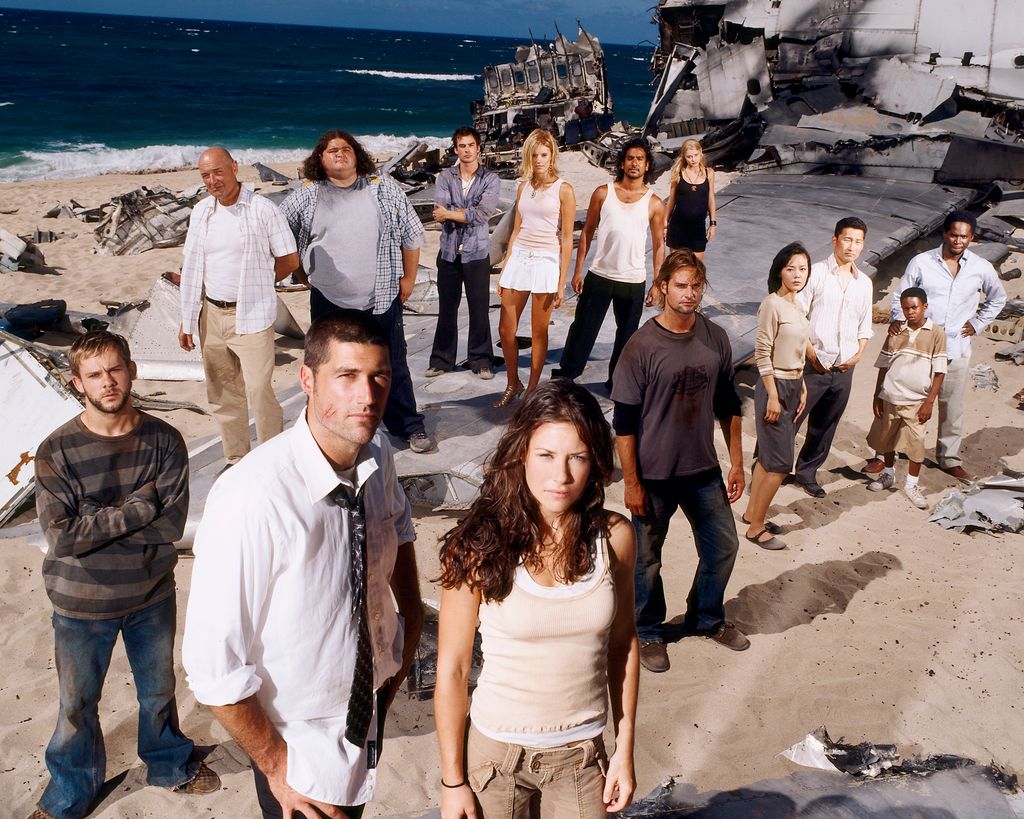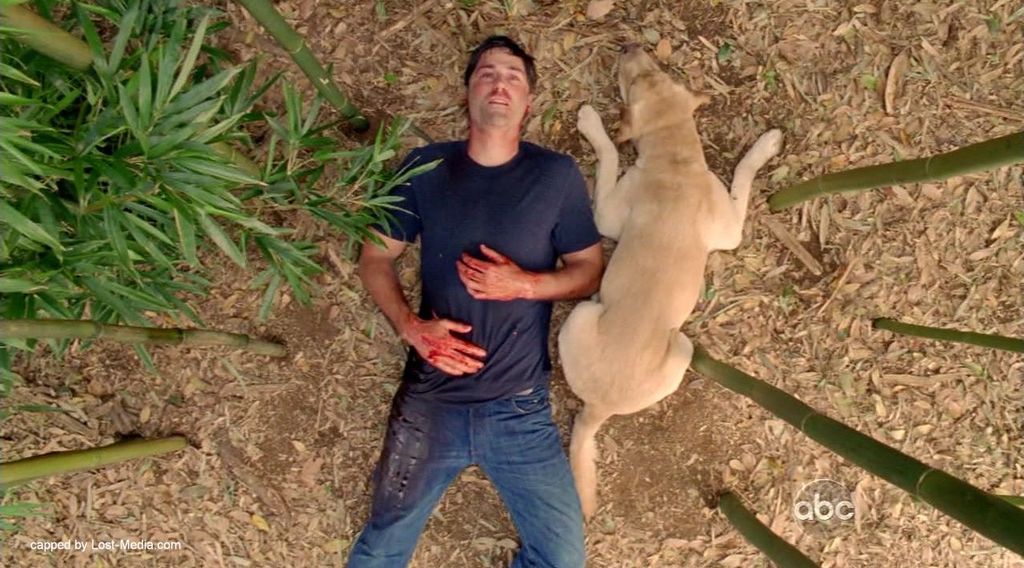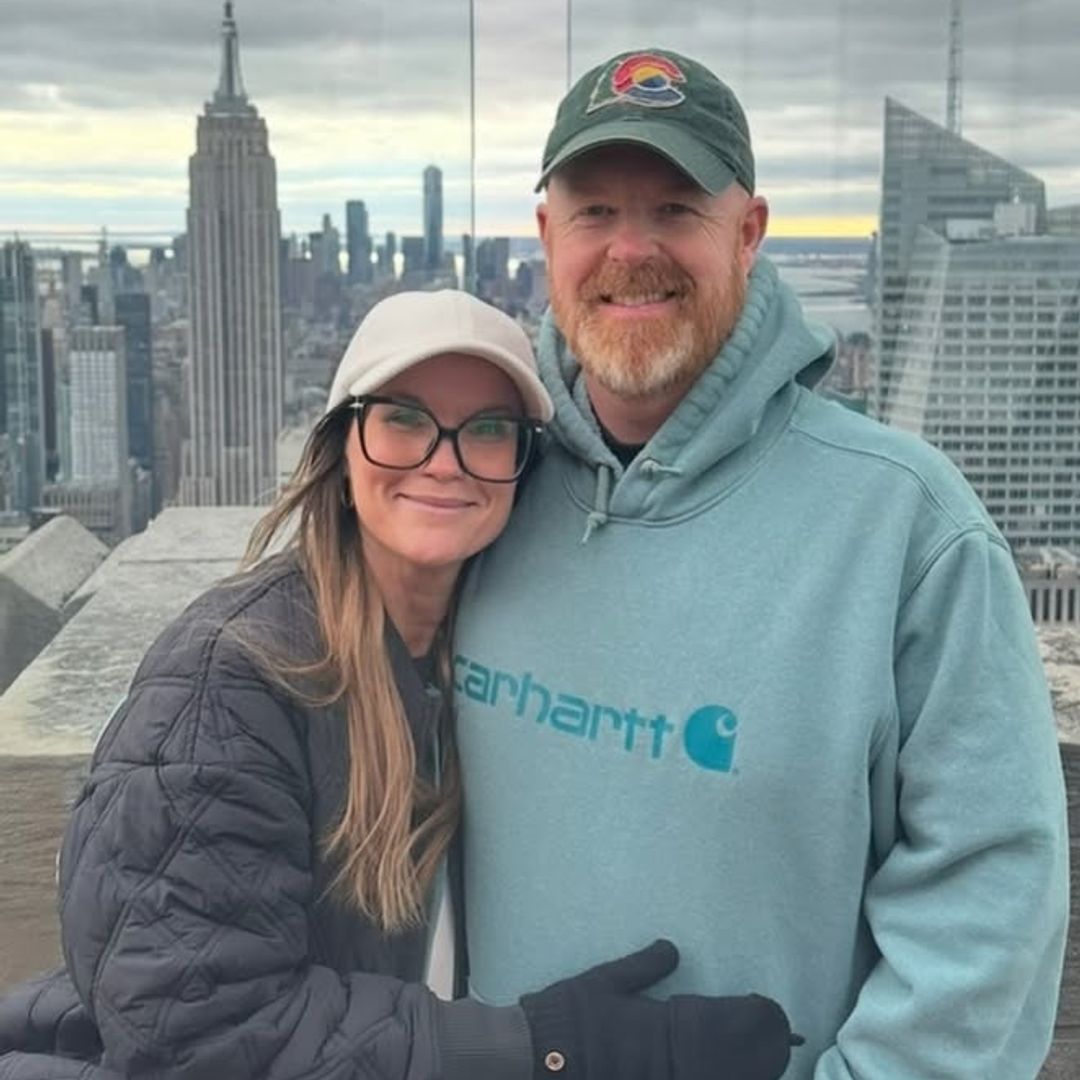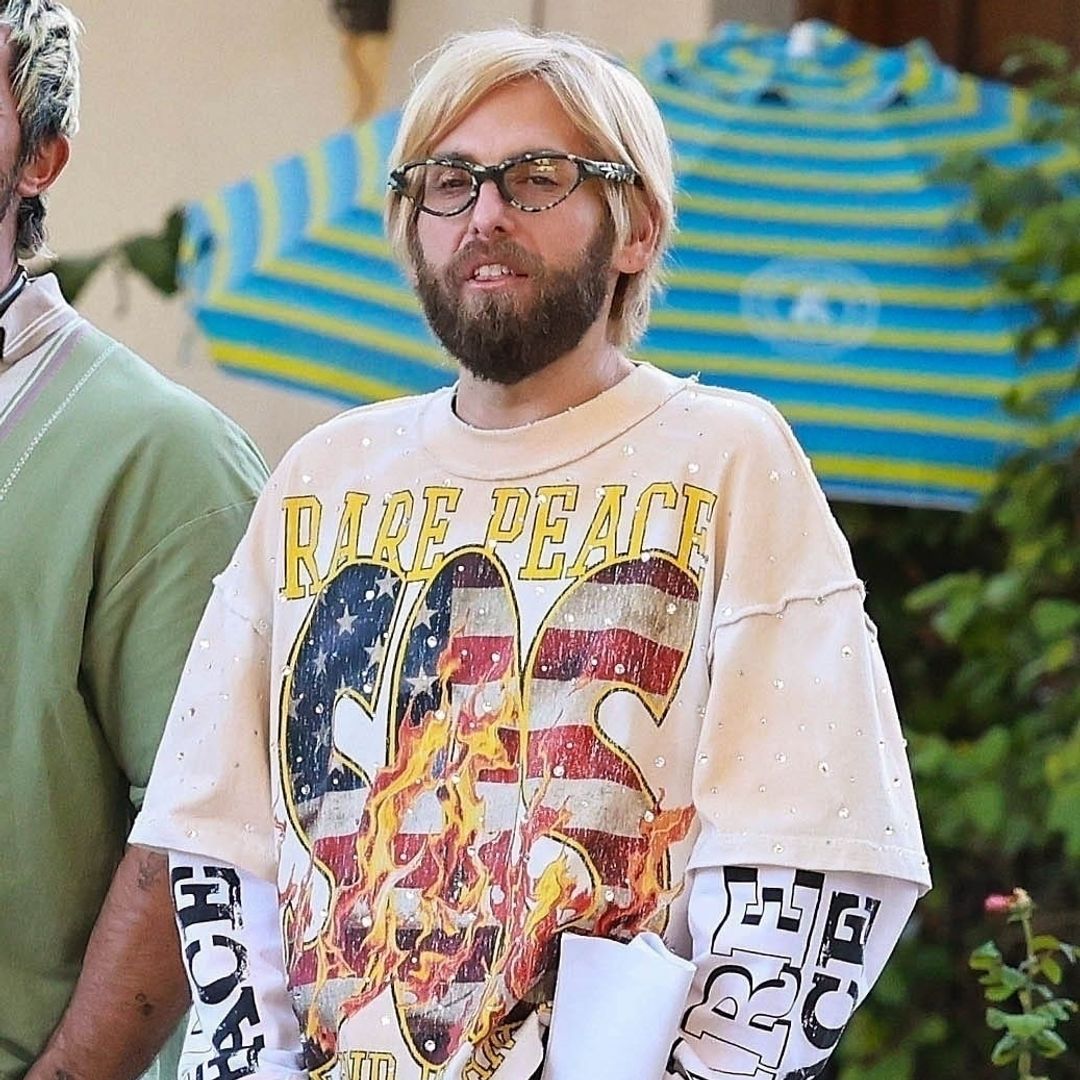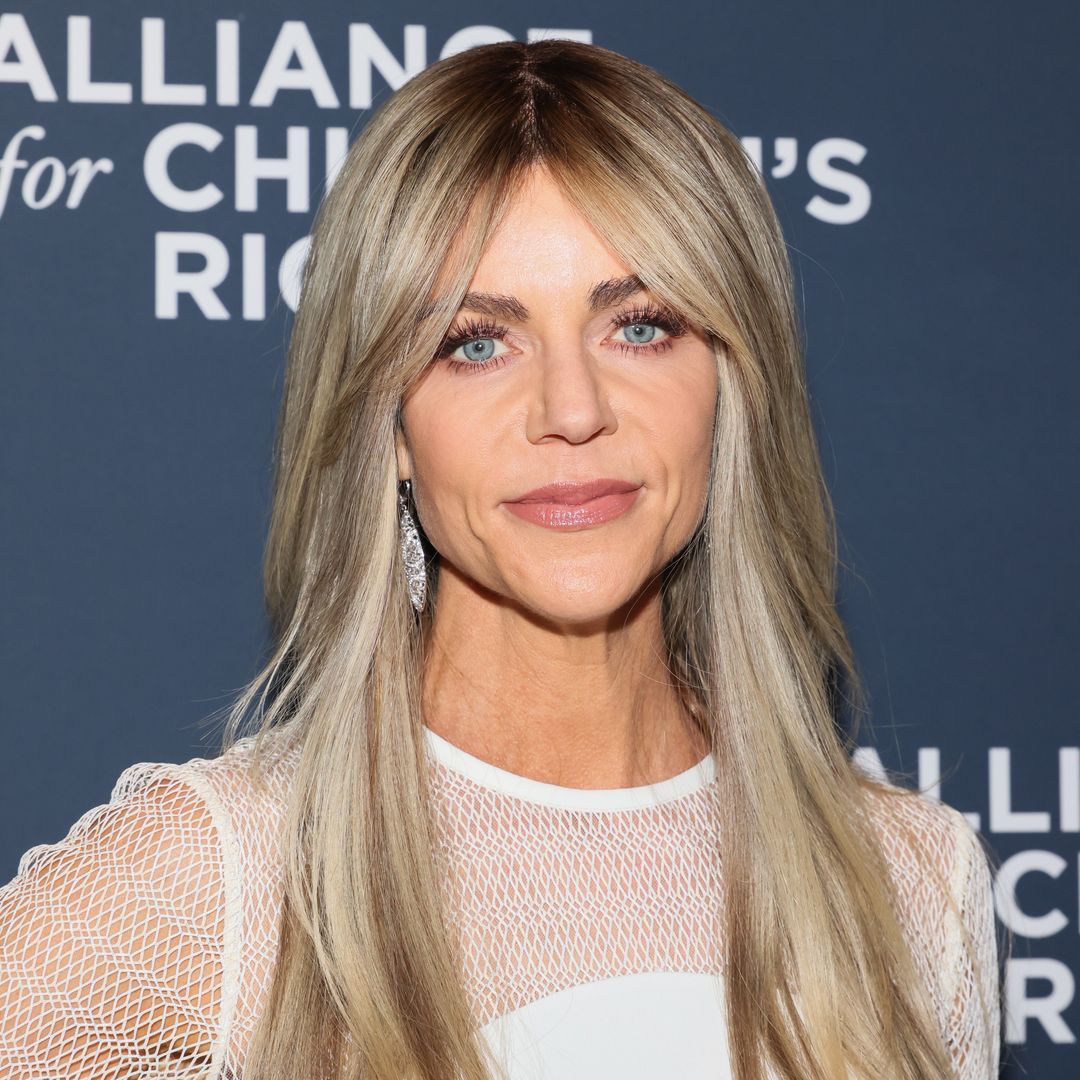It’s been over a decade since Lost wrapped up its groundbreaking six-season run, yet the debates over its controversial ending continue to this day. The iconic show’s final episode, which aired on May 23, 2010, left fans feeling either thrilled, disappointed, or utterly confused. Whether you loved or hated it, one thing is for sure—Lost changed television forever.
The sci-fi drama, created by J.J. Abrams, Damon Lindelof, and Carlton Cuse, was not just a show, but a phenomenon. With its mysterious island, compelling characters, and mind-bending storylines, Lost captivated millions worldwide, keeping them glued to their screens week after week. But when the curtain finally closed, not everyone was happy with the answers they received—or didn’t receive.
Here’s a look back at the Lost finale, what it meant, and why it still divides fans to this day.
What happened in the finale?
To say the Lost finale was complex would be an understatement. As the series drew to a close, multiple timelines converged in an explosive and emotional climax. At this point, the show had introduced a concept known as the "flash sideways," an alternate timeline where the Oceanic Flight 815 never crashed, and our favorite characters were living very different lives.
In the main island timeline, Jack (Matthew Fox) takes up the mantle as the island’s protector, facing off against the show’s ultimate villain, the Man in Black, who had assumed the form of John Locke (Terry O’Quinn). With the stakes higher than ever, Jack ultimately sacrifices himself to save the island, reinstating the magical “cork” that keeps the evil forces in check.
Meanwhile, the flash-sideways timeline takes on a more spiritual tone. In this alternate universe, the characters gradually begin to “wake up” to their true identities and realize that this timeline is not real—it’s a kind of purgatory where they’ve all gathered to find each other after death.
The finale culminates in a heart-wrenching scene in a church, where Jack, Kate (Evangeline Lilly), Sawyer (Josh Holloway), and the rest of the gang reunite for one last time. Jack’s father, Christian Shephard, explains to him that they are all dead, but this doesn’t mean they were dead for the entire series. Instead, their time on the island was real, and only now have they all come together in the afterlife.
Were they dead all along?
One of the most persistent myths about Lost’s ending is that all the characters were dead from the start. It’s a theory that’s been fueled by the church scene and the final moments showing the wreckage of Oceanic 815 on the beach. However, executive producers Damon and Carlton have debunked this idea multiple times.
“We put that footage at the end of the show, and I think the problem was that the audience was so accustomed to the idea that everything had meaning and purpose,” Carlton explained to Vulture in 2021. “So they read into that footage that they were dead. That was not the intention.”
Damon agreed, adding, “The intention was to create a narrative pause, but it took on a different meaning. And that misperception became cemented in the minds of many fans.”
The real point of the show
Despite the confusion, there’s one point that everyone involved in the making of Lost agrees on: it was always about the characters. Speaking to PEOPLE back in 2010, Damon emphasized, “The fundamental mystery of season six is why are we showing you these two stories, and what is their relationship to each other? The audience is going to have to be very patient.”
In the end, Lost wasn’t about the answers—it was about the journey. “The idea that people would put so much weight on what happened at the end is missing the point,” Jimmy Kimmel, a superfan of the show, told Vulture. “The point of that show was the fun and the mystery and trying to figure out what was going on.”
Why were fans divided?
The reason for the backlash lies in the expectation game. For six years, Lost built a complex mythology with countless mysteries: the Smoke Monster, the Dharma Initiative, the numbers, and Jacob’s mystical role on the island. Fans wanted these loose threads neatly tied up, but instead, the showrunners chose to focus on emotional closure.
“There was no way to answer all the open questions that existed across the prior 119 episodes of the show,” Carlton admitted to Vulture. “We tried to do that with ‘Across the Sea,’ which explained the origins of Jacob and the Man in Black, but it wasn’t great.”
This left many fans feeling cheated. The Lost finale was an emotional rollercoaster, but for those looking for a more logical or narrative-based ending, it fell flat.
What the creators think now
Years after the finale, Damon and Carlton remain proud of what they achieved, but they acknowledge that some creative choices were polarizing. “There’s stuff that makes me grimace a bit,” Damon shared candidly. “Like, it’s not quite a regret, but I think that if we didn’t have that stained-glass window in the church, we would’ve gotten a full letter grade higher on the finale.”
Carlton added, “Damon and I accept that the show is what it is, warts and all. Everything is a part of it. So ultimately, is there anything I would change? The answer is no.”
Revisiting the finale
In recent years, the Lost finale has undergone somewhat of a critical reevaluation. As time has passed, some fans have come to appreciate the emotional resolutions offered in the church scene, viewing it as a poignant send-off for characters they had grown to love.
“Lost was not some Marvel-esque, super-sci-fi ending,” director Jack Bender told Vulture. “What I’m most proud of is it was ultimately about how we live our lives, who we live them with, and how we die.”
What’s the legacy of the Lost finale?
More than a decade later, the Lost finale continues to spark discussions, theories, and passionate arguments. Despite its flaws, the show remains a cultural touchstone, remembered for its ambition and groundbreaking storytelling.
Damon summed it up best: “Whether you like the finale or not, that doesn’t really bug me too much. But the idea that they were dead the whole time? That negates the whole point of the show.”
And that, perhaps, is the real lesson of Lost: It was never about the answers. It was about the characters, the bonds they forged, and the mysteries that kept us all guessing—together.
As the show’s beloved character Desmond might say, “See you in another life, brother.”
